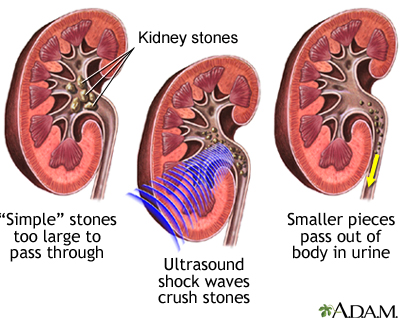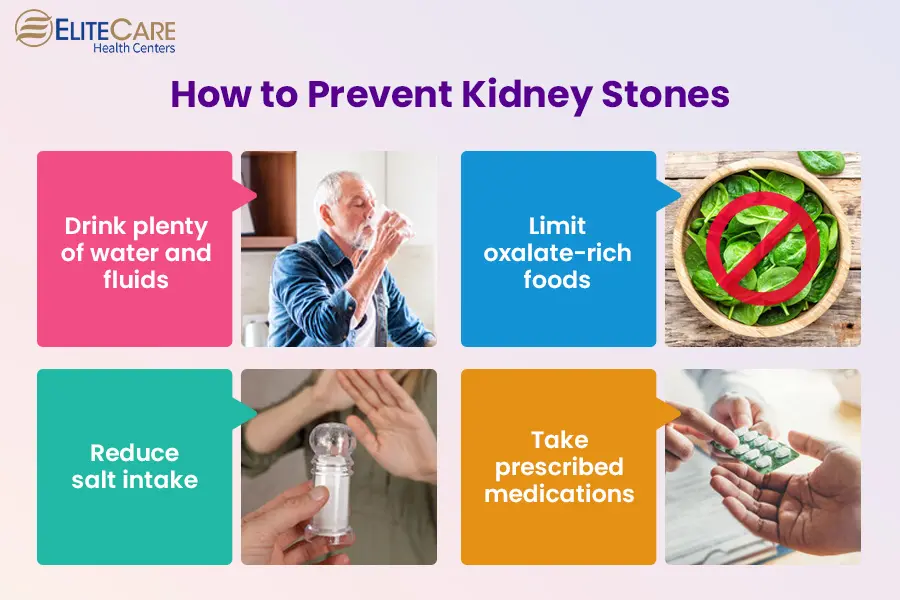How to Differentiate In Between Kidney Stones vs UTI: Trick Aspects and Diagnostic Tips
How to Differentiate In Between Kidney Stones vs UTI: Trick Aspects and Diagnostic Tips
Blog Article
Exploring the Symptoms and Causes of Kidney Stones in Comparison to Urinary System Infections: An In-depth Guide
The expedition of kidney stones and urinary system infections (UTIs) exposes an intricate interaction of symptoms and underlying reasons that necessitate cautious exam. While both problems can cause hematuria, they offer unique professional functions and arise from various etiological elements. Recognizing the subtleties of each problem is crucial for effective diagnosis and management. What are the key differences in their signs and symptoms, and how might these inform treatment approaches? The responses to these questions might give important understandings into the prevention and treatment of these typical urological concerns.
Summary of Kidney Stones
Kidney stones, likewise recognized as kidney calculi, kind when certain compounds in the urine crystallize and accumulation, leading to the development of hard down payments within the kidneys. These stones can differ in size, ranging from a grain of sand to a golf sphere, and can be composed of various products, the most usual being calcium oxalate, uric acid, struvite, and cystine. The development of kidney stones is influenced by a number of variables, consisting of dietary habits, liquid intake, and genetic proneness.
Signs and symptoms of kidney rocks may consist of severe pain in the back or side, blood in the urine, queasiness, and frequent urination, specifically as the rock relocates with the urinary system. Medical diagnosis generally includes imaging researches such as ultrasound or CT scans, alongside urinalysis to determine the rock's structure.
Therapy choices vary based on the size and kind of rock, in addition to the seriousness of signs and symptoms (Kidney Stones vs UTI). Small rocks might pass normally with raised fluid consumption, while larger stones may call for medical interventions such as lithotripsy or medical elimination. Comprehending the pathophysiology and threat elements connected with kidney stones is necessary for reliable avoidance and monitoring
Overview of Urinary Tract Infections
Urinary system infections (UTIs) are typical bacterial infections that influence any type of component of the urinary system, including the kidneys, ureters, bladder, and urethra. They mainly occur when germs, frequently from the gastrointestinal tract, get in the urinary system, leading to inflammation and infection.
The frequency of UTIs is notably higher in females than males, primarily because of physiological distinctions, such as a shorter urethra. Threat elements include sex, certain contraceptive methods, urinary retention, and dehydration. The medical diagnosis of UTIs is usually validated with pee tests, which may expose the existence of microorganisms, white blood cells, or red cell.

Signs of Kidney Stones
The pain connected with kidney stones can materialize in numerous methods, usually leading individuals to seek medical interest. Among one of the most usual symptoms is severe pain, usually local in the reduced back or side, which might emit to the abdominal area or groin. This discomfort, usually described as sharp or cramping, can occur all of a sudden and may vary in intensity.
Furthermore, individuals may experience hematuria, or blood in the urine, which can range from microscopic total up to noticeable staining. This signs and symptom might be gone along with by modifications in urinary system routines, such as boosted frequency or seriousness, as well as discomfort throughout peeing. Queasiness and vomiting are likewise prevalent, frequently resulting from the body's response to extreme pain.
Sometimes, people might experience fever and cools, particularly if a second infection develops as a result of the obstruction brought on by the stones. Generally, the mix of serious discomfort, hematuria, altered urinary patterns, and stomach symptoms can give significant insight right into the presence of kidney stones, necessitating prompt medical analysis and intervention. Comprehending these signs and symptoms is essential for timely medical diagnosis and effective management of the problem.
Symptoms of Urinary Tract Infections
Infections within the urinary system usually present a variety of unique signs and symptoms that can significantly impact everyday life. One of the most typical signs and symptoms consist of a persistent urge to urinate, typically gone along with by a burning feeling throughout peeing, referred to as dysuria. People might additionally experience raised regularity of peeing, generating percentages of pee each time.
Various other significant signs and symptoms consist of gloomy or smelly urine, which might show the visibility of microorganisms or pus. In many cases, pee may appear red or pink due to the visibility of blood, a problem check this site out understood as hematuria. Furthermore, individuals may experience pelvic pain or stress, which can additionally intensify the feeling Click This Link of necessity.
Systemic signs and symptoms might also manifest, such as high temperature, cools, and fatigue, especially if the infection has actually ascended to the kidneys. It is important to recognize these signs and symptoms early, as unattended urinary tract infections can bring about a lot more severe difficulties. Kidney Stones vs UTI. Motivate medical focus is encouraged when these symptoms are observed, permitting proper diagnostic analysis and treatment to alleviate pain and prevent more health concerns
Reasons For Each Problem
Frequently, kidney stones and urinary system system infections arise from unique yet occasionally overlapping reasons that can affect individuals in a different way. Dehydration, not enough fluid intake, and high-sodium diet plans can worsen these problems, advertising formation within the urinary tract.

Understanding these distinctive causes is crucial for avoidance and treatment. Kidney Stones vs UTI. While way of living adjustments might alleviate the risk of kidney rocks, appropriate health and prompt therapy of urinary system infections are important for lowering their reoccurrence and linked issues
Verdict
In recap, kidney rocks and urinary system system infections existing distinctive symptoms and underlying reasons. Kidney stones are characterized by severe pain and metabolic elements, while urinary tract infections mostly include microbial infections leading to urinary system seriousness and pain.
The expedition of kidney stones and urinary tract infections (UTIs) view publisher site exposes a complicated interplay of signs and underlying causes that require careful evaluation.Urinary tract infections (UTIs) are common microbial infections that influence any kind of component of the urinary system, including the kidneys, ureters, bladder, and urethra.Often, kidney stones and urinary system infections emerge from unique yet often overlapping causes that can affect individuals in different ways.In recap, kidney stones and urinary system infections existing unique symptoms and underlying causes. Kidney rocks are defined by severe discomfort and metabolic variables, while urinary system tract infections primarily entail bacterial infections leading to urinary seriousness and discomfort.
Report this page